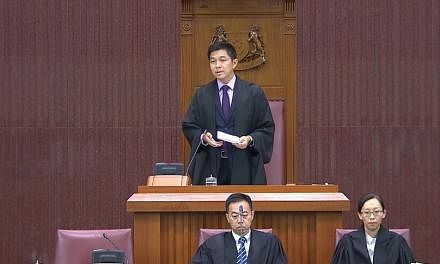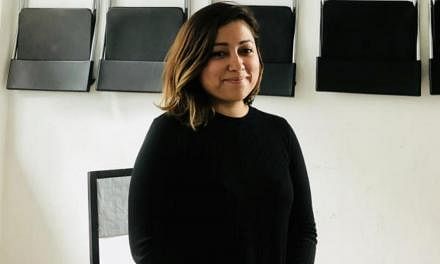SINGAPORE - Special Assistance Plan (SAP) students in secondary schools get $300 extra funding every year to develop their proficiency and interest in Chinese language-related studies. But students taking language elective programmes in other schools get even more, said Education Minister Ong Ye Kung.
For instance, the Education Ministry spends more than $3,000 a year to fund a secondary school student taking the Elective Programme in Malay Language, explained Mr Ong in a written reply on Friday (March 1) to a question from Mr Louis Ng (Nee Soon GRC) on the amount of funding given to SAP and non-SAP schools.
Mr Ong said that MOE resources schools get are based on the needs of their students and the additional programmes they offer. While a secondary school receives an average of $15,000 a year for each student, schools like Crest and Spectra Secondary, and schools with Normal (Technical) students, get 30 to 50 per cent more.
Additional resources are also given for specialised programmes, including language electives. While SAP schools also get extra funding, the amount is less for each student because of the economy of scale.
Mr Ong reiterated how SAP schools continue to be relevant, adding that they are part of the country's approach for communities to "preserve and practise their cultures, religion and languages, while ensuring there is enough common space to develop a unique Singapore identity".
This year marks the 40th anniversary of SAP schools, which were established in 1979 to preserve the traditional Chinese school environment in the wake of Chinese-medium schools closing due to falling enrolment.
"We need to see SAP schools from the broader perspective of an evolving, multicultural Singapore," said Mr Ong.
"Countries around us are catching up or surpassing us in teaching their people multiple languages. We should preserve our programmes and institutions to develop bi-literate and bi-cultural talent at this crucial point in history."











